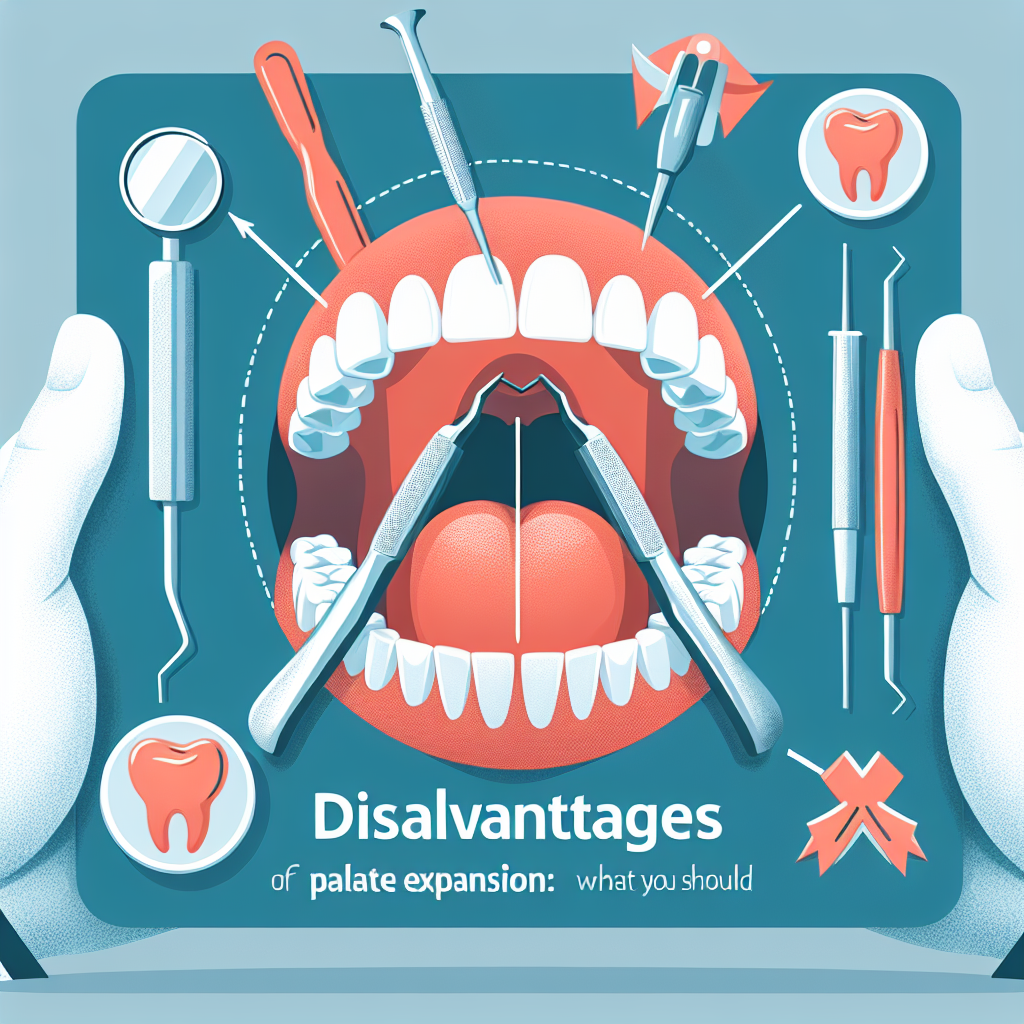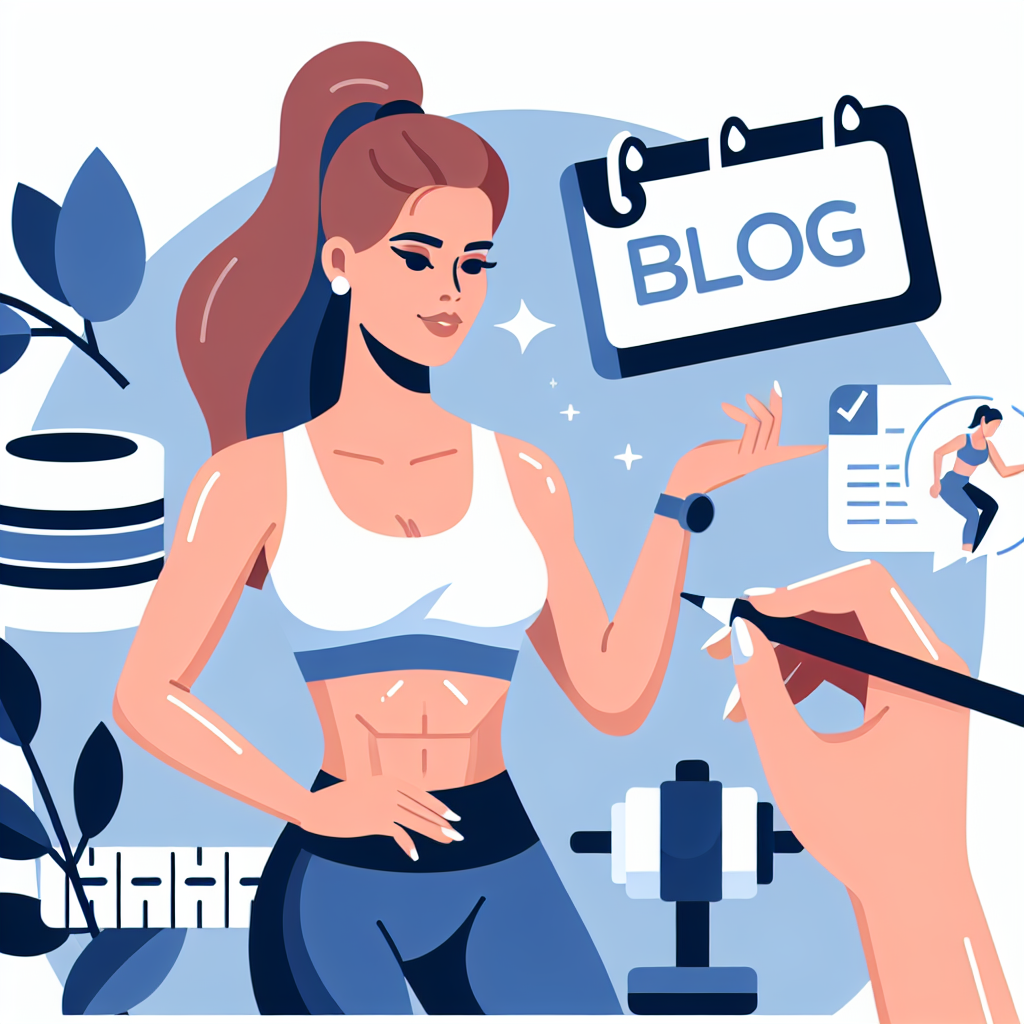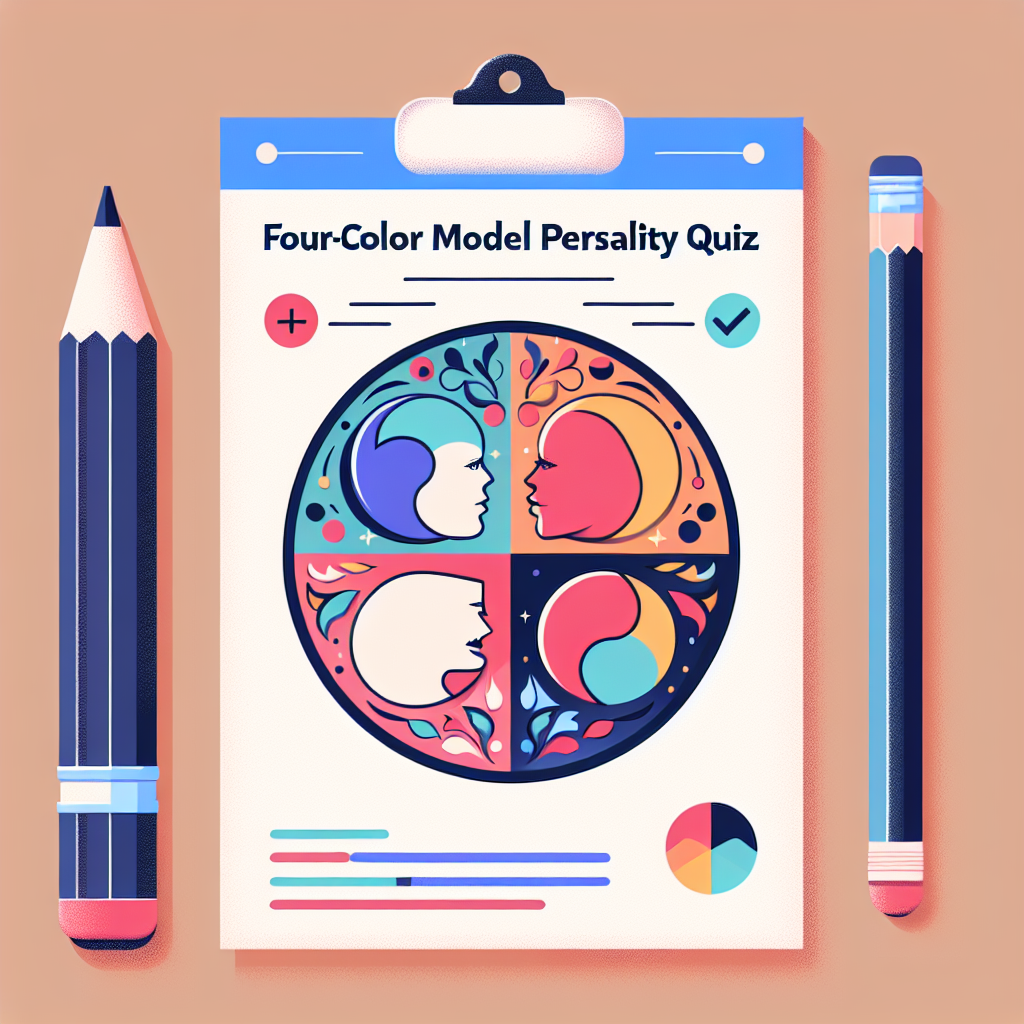Understanding Symptoms of High Blood Pressure: How Does It Feel?
High blood pressure, or hypertension, often goes unnoticed until serious health issues arise. But how do you actually feel when experiencing elevated blood pressure?

How High Blood Pressure Feels: Understanding the Symptoms
High blood pressure, known in German as "Bluthochdruck," can be a silent condition that creeps up on you without overt warning signs. However, those affected may experience a range of symptoms that can indicate their blood pressure is higher than normal. Understanding these feelings is crucial for those at risk or managing hypertension.
Common Symptoms Experienced with Hypertension
People may experience a variety of symptoms when their blood pressure rises. Here are some of the most common sensations and signs:
- Headaches: Many people report experiencing severe headaches that can range from dull and throbbing to intense. This symptom is particularly concerning when headaches are persistent and seem different from regular pain.
- Dizziness or Lightheadedness: An elevated blood pressure can lead to feelings of dizziness. This sensation can also vary in intensity, and it may leave one feeling faint or unsteady.
- Chest Pain: Although not everyone with high blood pressure will experience chest pain, it can be a serious symptom. If experienced, it should be evaluated by a healthcare professional immediately.
- Blurred Vision: Vision changes, including blurry or distorted vision, can accompany high blood pressure. These symptoms result from pressure on the blood vessels that supply the eyes.
- Nosebleeds: Though nosebleeds can occur for various reasons, frequent occurrences combined with elevated blood pressure should not be ignored as they can signal hypertension issues.
- Fatigue: A general sense of fatigue can be a notable sign. Many people report feeling unusually tired or lacking energy.
- Shortness of Breath: Some individuals may feel short of breath with minimal exertion, which can also relate to the strain placed on the heart and lungs due to high blood pressure.
Recognizing the Signs: A Personal Account
Every individual may feel different sensations, and understanding one's body can help in recognizing abnormal symptoms. For instance, Sarah, a 45-year-old woman, describes her experience: "I had no idea my blood pressure was high until I started getting these strange headaches and felt dizzy at work. I thought it was stress, but eventually, it became clear that it was something more serious. When I went to the doctor, my blood pressure reading shocked me!"
Such experiences emphasize that hypertension can manifest in various ways, and it often requires attention to subtle signs that may be dismissed or attributed to other causes.
The Importance of Monitoring Blood Pressure
Feeling unwell or noticing unusual symptoms should prompt monitoring of blood pressure. Regular check-ups can prevent complications that arise from untreated hypertension. If you often feel any of the aforementioned symptoms, it is essential to consult a healthcare professional who can guide you towards the right diagnostic steps.
When to Seek Immediate Help?
If symptoms escalate, such as intense chest pain, severe headaches, or sudden vision problems, it is crucial to seek immediate medical attention. These signs could indicate hypertensive emergencies, which require urgent intervention.
Conclusion: Listening to Your Body Matters
In summary, knowing how high blood pressure feels—"wie fühlt man sich bei bluthochdruck"—is vital for early detection and intervention. Every individual's experience can differ widely. Awareness and vigilance regarding one's symptoms can play a pivotal role in managing one’s health and avoiding the potential long-term consequences of hypertension.
For those who relate to these feelings, don't hesitate to reach out to a healthcare provider for guidance and support. Staying informed is a crucial step in protecting your health.
Neue Beiträge
Sportbefreiung in der Schule: Alles, was Schüler und Eltern wissen müssen
Rechtliche Grundlagen
Milchzahn ziehen: Wann ist es notwendig und wie wird es durchgeführt?
Häufige Fragen
Wie lange sollte man nach Botox-Behandlungen mit dem Sport warten?
Hautpflege
US-Sport: Ein Einblick in die Welt des amerikanischen Sports
NFL - American Football
Entschuldigung vom Sportunterricht: Rechtliche Grundlagen und Tipps für Eltern
Rechtliche Aspekte

Nachteile der Gaumennahterweiterung: Was Sie wissen sollten
Langzeitfolgen
Sport bei Herpes: So bleiben Sie aktiv trotz Ausbruch
Gesundheit
Sport trotz Eisenmangel: Kann man mit niedriger Eisenreserve noch trainieren?
Gesundheit

DAK-Gesundheit: Bankverbindung für Beitragszahlungen und Rückerstattungen
Rückerstattungen
Schritt-für-Schritt-Anleitung zur Änderung Ihrer DAK-Adresse
Tipps und Tricks
Beliebte Beiträge
Blue Sport: Dein ultimativer Guide für Sportstreams und mehr
Live-Übertragungen
Halsschmerzen nach dem Sport: Ursachen, Behandlung und Prävention
Sport und Gesundheit

Lena Kesting: Größe und Gewicht im Detail
Influencer
Prostataverkleinerung durch Sport: Übungen und Tipps für ein gesünderes Wohlbefinden
Fitness
Was ist Koolada? Alles, was du wissen musst!
E-Liquids
Schütze deinen Hodensack: Der ultimative Guide zum Hodenschutz im Sport
Sicherheit im Sport
Durchbruch bleibender Backenzähne: Symptome und Behandlung
Prävention
Der Volkswagen Tiguan Urban Sport: Ein urbaner Abenteurer mit athletischer Note
Technologie
Kadenz im Sport: Bedeutung und Auswirkungen auf Leistung und Erholung
Kadenzdefinition im Sport
Sport-induzierte Übelkeit: Ursachen, Symptome und Strategien zur Vorbeugung
Behandlungsmöglichkeiten